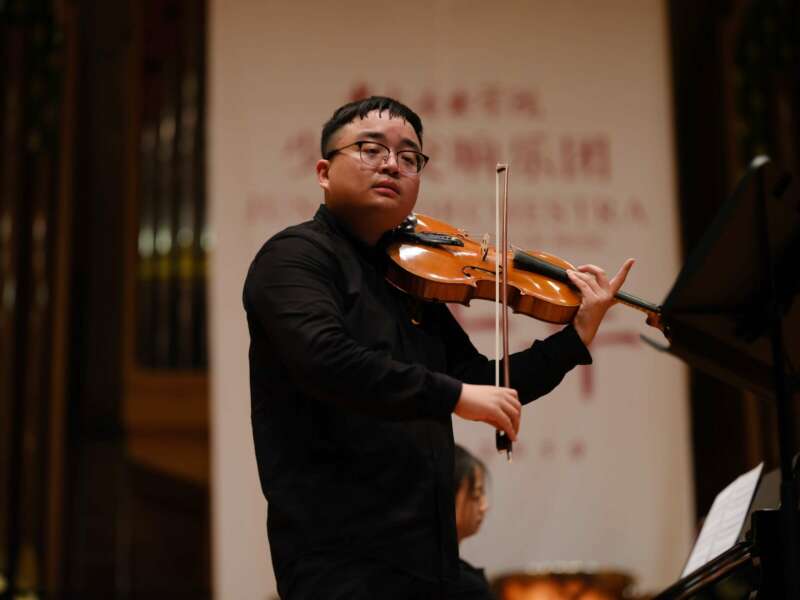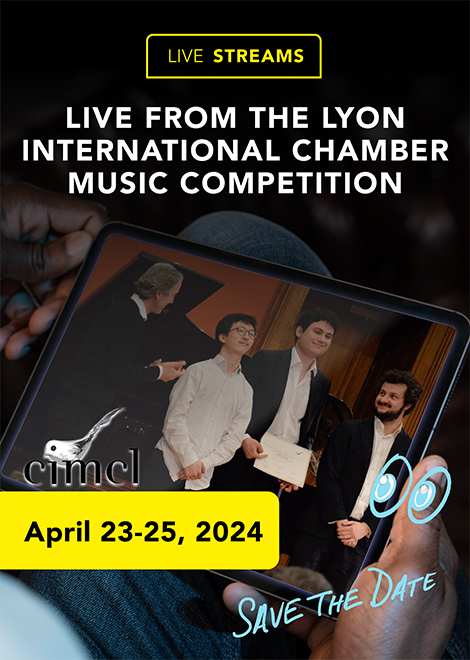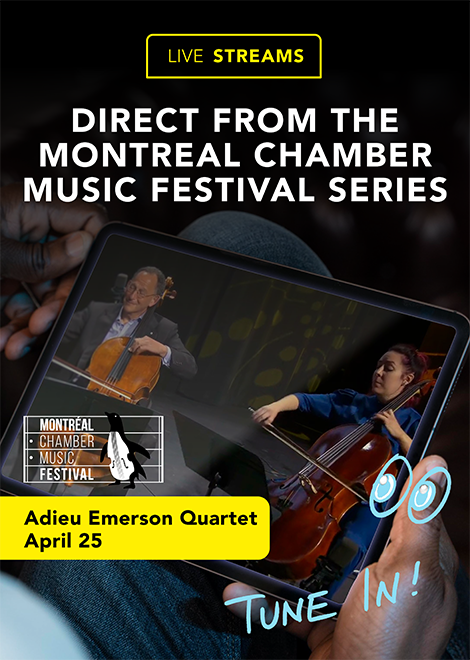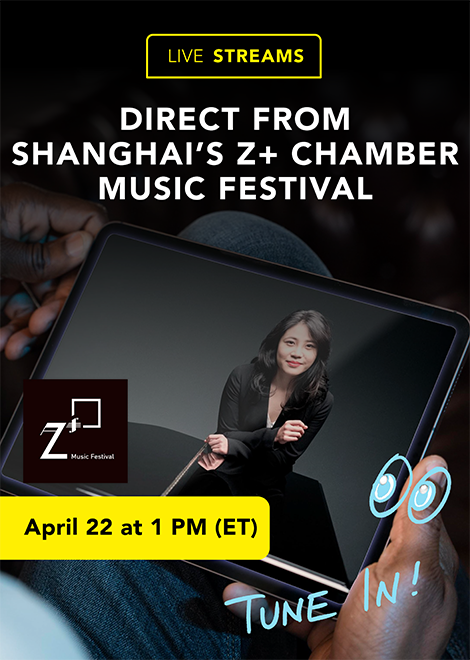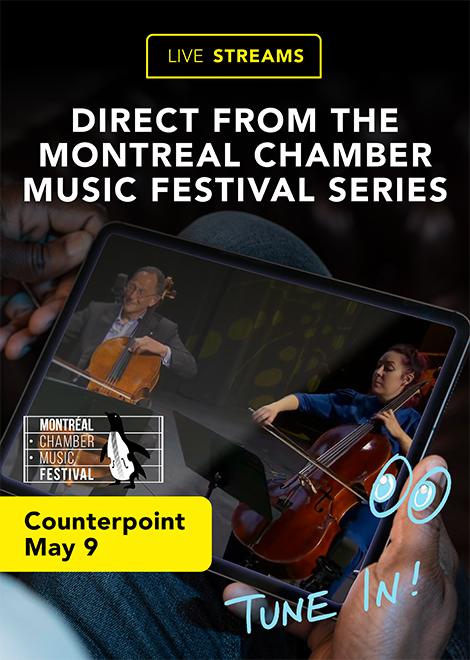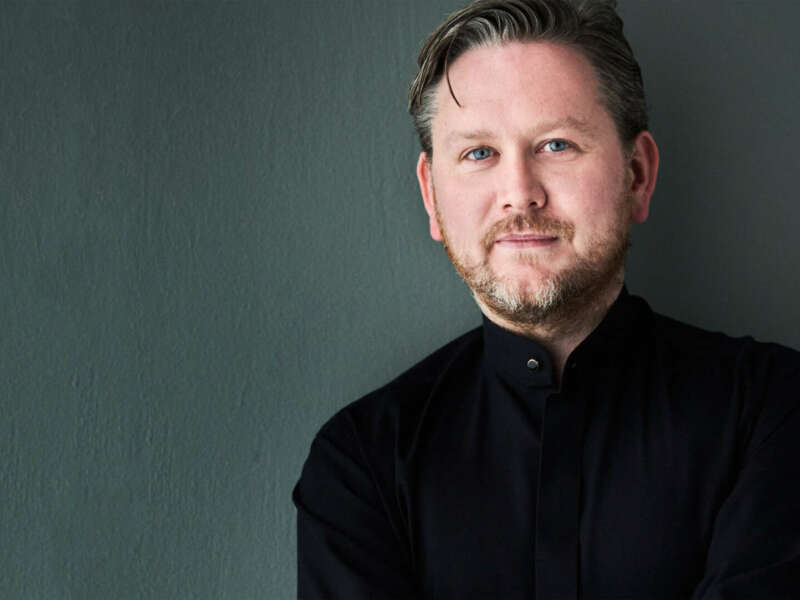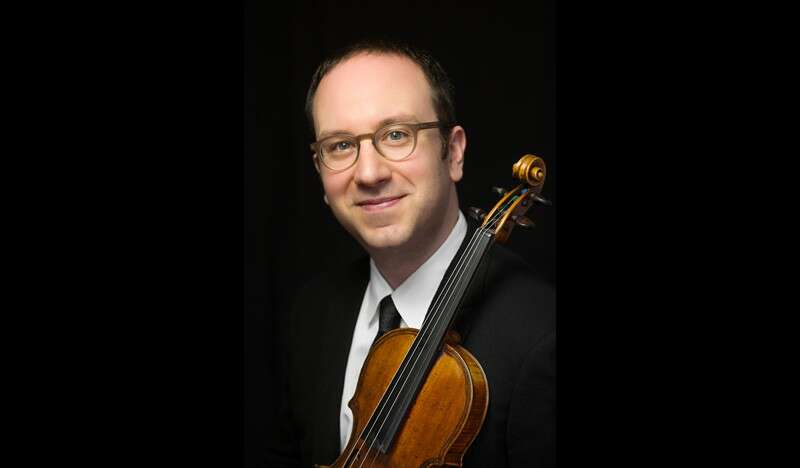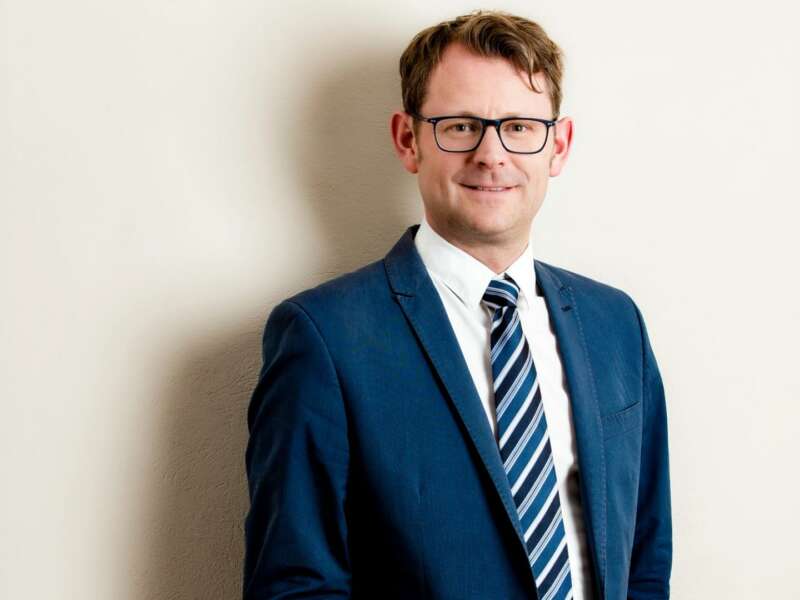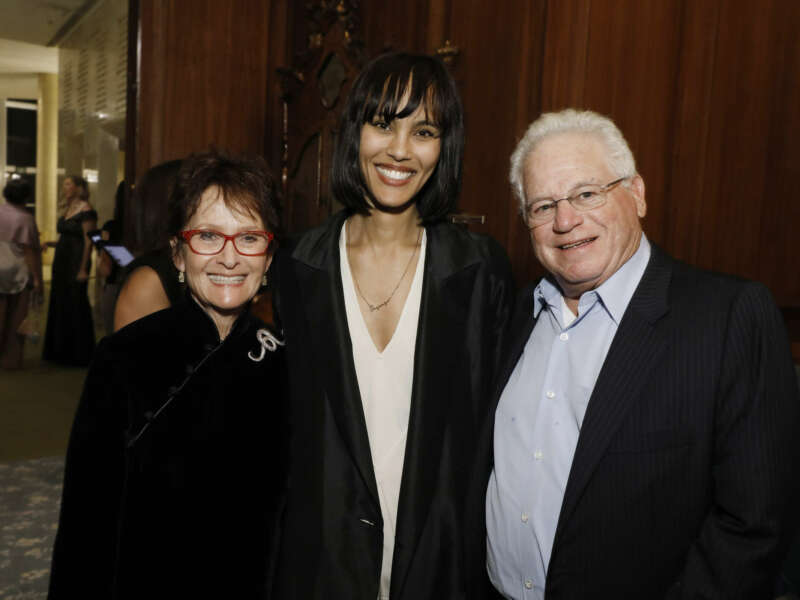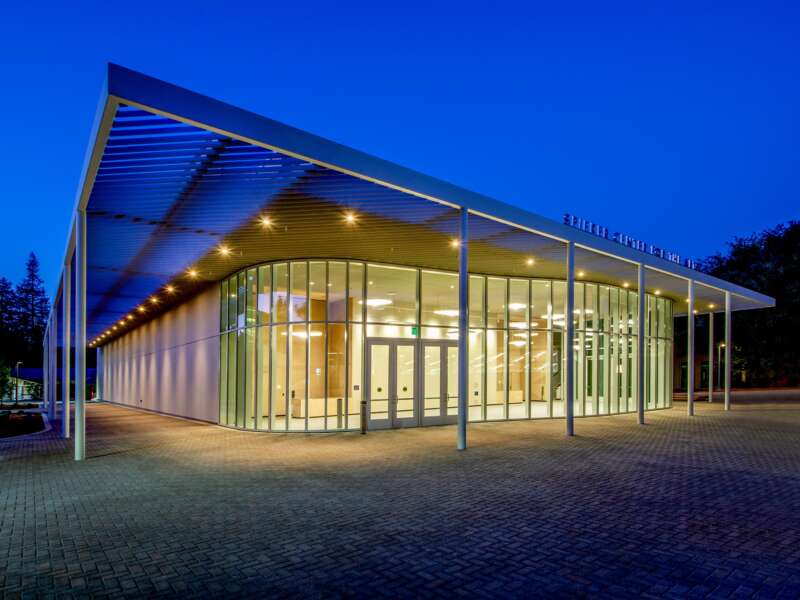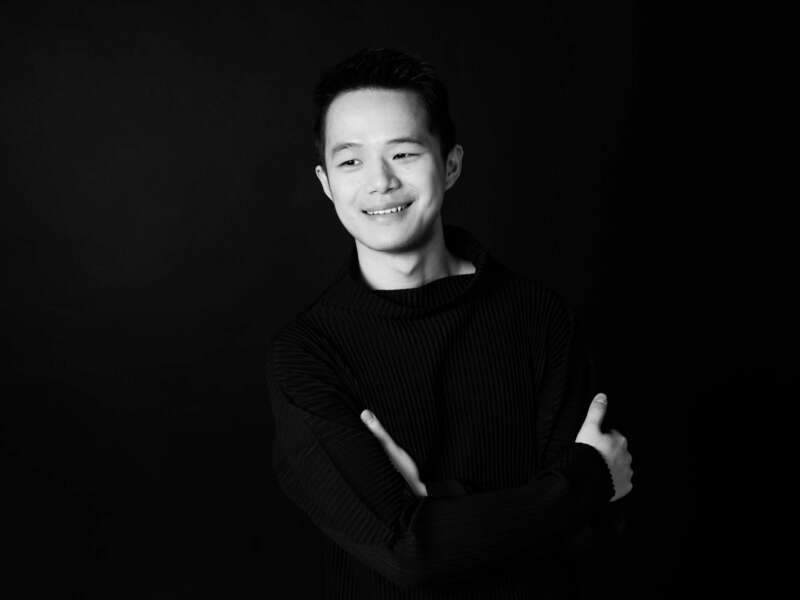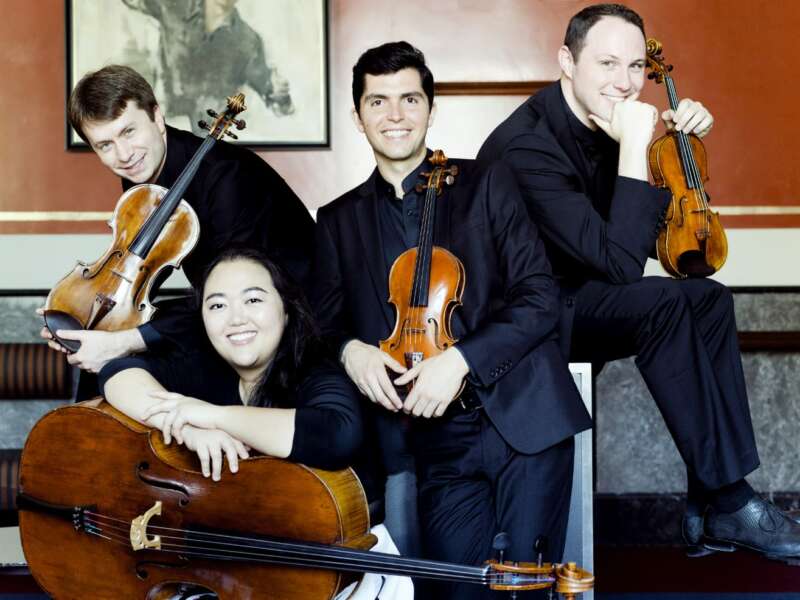VC INTERVIEW | Prof. Michael Frischenschlager on the Fritz Kreisler International Violin Competition
The Violin Channel recently discussed the upcoming competition with Univ. Prof. DDr.h.c. Michael Frischenschlager, President of the Fritz Kreisler International Violin Competition.
Tell us about the Fritz Kreisler International Violin competition. When was it founded and what was the initial goal and mission?
Before 1938, Fritz Kreisler privately donated money to an internal violin competition organized every year by the Vienna Music Academy. It was originally known as the "Fritz Kreisler Competition" and the prize was given to the best violin student of the year. In 1975, I organized a commemorative concert (100 years of Kreisler’s birthday) at the Vienna Music University, and on this occasion, together with Prof. Wolfgang Schneiderhan and Prof. Franz Samohyl, we had the idea to found an international Fritz Kreisler Violin Competition in Vienna. It successfully took place four years later, on September 10-19, 1979, at the Vienna Musikverein.
Among the jury members, we had Yehudi Menuhin and Max Rostal, with Prof. Wolfgang Schneiderhan as the President and Prof. Franz Samohyl as the Vice-president. I myself was also a member of the very first jury, as well as Ernst Kovacic, who is going to be one of our Jury members this year. Since 1979, the Fritz Kreisler Society has organized the International Fritz Kreisler Violin Competition every four years at the Vienna Musikverein or at the Vienna Konzerthaus.
As one of the largest international violin competitions in Europe, the Fritz Kreisler International Competition was a source of attraction for young violinists from all over the world and was an event through which the City of Vienna paid tribute to one of its great artists and musicians. Our goal was to establish an act of homage to Fritz Kreisler, making both the younger generation and the audience aware of his significance as a musician, artist, and human being — as well as of his origin in the unique cultural environment of Vienna at the turn of the 20th Century. Today more than ever, this competition is a symbol of cultural diversity and tolerance, and a remembrance of the tragedy that occurred in Central Europe during the 20th Century, when many scientists and artists such as Kreisler were forced to flee as a result of racism and dictatorship.
As many of you probably know, Fritz Kreisler experienced the First World War as a soldier in 1914. He was wounded and injured and laid in the trench for seven hours before being picked up. Some publications even reported that he had been killed. His injuries were serious enough to allow him to be exempted from further service. He decided then to return to New York to begin a concert tour that had been planned before the outbreak of the War. Anti-German feelings were so high that he was forced to withdraw from his tour, not being able to perform until the end of the war in 1919! Some might think that is something significant to our very specific moment today, and history has a tendency to repeat itself.
I would also like to point out, regarding our mission, that we have always collaborated with the most renowned local partners: Vienna Musikverein and Konzerthaus, Vienna Symphony Orchestra, Vienna Philharmonic Orchestra, ORF Radio-Symphony Orchestra, Jeunesses Musicales, etc. Our mission is to give our young musicians the best possible environment to make great music.
The three finalists will have the privilege of performing in the world-renowned Musikverein Hall in Vienna. The other rounds will take place in two other prestigious concert halls. Can you tell us about those places and their history?
The Preliminary rounds on September 17-22 will take place at the Künstlerhaus, which means the House of Artists. The Künstlerhaus was designed in the style of an Italian Renaissance villa and opened on September 1 1868 as one of the earliest Ringstrasse buildings. Now it is completely refurbished, and it is magnificent. Last but not least, it shares the same square with the Musikverein. Both buildings are just a few steps from each other.
The Brahms Saal at the Musikverein — where we will have our Final I — was conceived for Chamber Music. Today is one of the most respected locations for the highest chamber music performances. The very first concert in this hall took place in January 1870 with a very special pianist, Clara Schumann. Johannes Brahms of course performed there, as well as many of the greatest musicians of the time.
When will the competition take place and what can this year’s winners expect to receive?
The competition starts on September 17 and finishes on Sunday 25 with our Gala Final and the Prize Ceremony. We have increased the money prize this year because it is a Jubilee year: we celebrate the 10th edition of the competition, and we remember the 60th year of Kreisler’s passing away in 1962. We offer 20,000 Euro to the first prize, a recording with our main sponsor Naxos Records, and the opportunity to perform a debut concert with the Vienna Philharmonic Orchestra.
During the last round, the Gala Final, we invite additional jury members to judge only the violin concerto with orchestra. Between them, there is always a member of the Vienna Philharmonic Orchestra. It is up to them to decide if they would like to invite the first prize for a concert. On top of that, we offer a bunch of concerts and recitals during the 2023/2024 season, including a tour in Asia organized by the World Culture Networks (WCN). We are also under negotiation in order to loan a Stradivari violin to the first prize. In addition to the six main prizes, we do have six encouragement awards, for the participants that didn’t make it to the Semi-Final and Final rounds.
What would be your advice for young violinists applying to the competition?
My first piece of advice is always: prepare their competition program very seriously, starting early enough and playing the pieces before the competition several times in public. Secondly, your main goal in going to a competition should be to show your best artistic qualities as a musician and virtuoso, instead of just winning a prize.
The third piece of advice: try to view your performance in a competition as a concert/recital, forgetting the jury and playing for the audience. At the Kreisler Competition, we always present the competition to the public in Vienna as a unique violin festival, starting from the first round to the Gala-Final consisting of a series of 18 wonderful violin recitals and the Gala-Final as a prominent symphony concerto with solo violinists.
What do you feel the jury will be looking for?
At a competition, every jury member hopes to hear many promising, convincing young musicians and to find among them, a few really extraordinary talents. That doesn't just mean technically perfect players but also real artistic personalities ready to start an international career.
2022 will mark the 60th anniversary of Kreisler’s death. The University of Music and Performing Arts Vienna will host an exhibition to remember his legacy. What can visitors expect to see there?
Founded in 1817 as a conservatory, the MDW — University of Music and Performing Arts Vienna — was the training ground of the Viennese child prodigy Fritz Kreisler. The MDW is an important partner of our competition. This exhibition will be held in conjunction with the competition and will honor the spirit, influence, and artistic legacy of Kreisler: a man who met César Franck and Sigmund Freud as a child, was part of Brahms’ outer circle in his youth, got to know Bruch, Joachim, Elgar, Dvorak…
Visitors will have the chance to get to know many elements of his life, his early years in Vienna and Paris, his studies with Anton Bruckner, his first tours in the US, his medical studies, his experiences during World War I, the influence of his wife, the friendship with Heifetz, Ysaye, Thibaud, Rachmaninov, etc. Kreisler's colorful life, which suits more to a nineteenth-century novel, is an epic story about a man who was a link between the nineteenth and twentieth centuries in music and lived up to the modern comforts of the 1960s. He wrote: "I envisaged myself operating on a patient in the morning, playing chess in the afternoon, giving a concert in the evening, and winning a battle at midnight."
What are some of your strongest memories from the competitions over the years?
I will never forget the Gala-final of the 3rd competition in 1992. After the concerts played by the three best finalists with orchestra at the Main Hall of the Vienna Konzerthaus, the 4th, 5th, and 6th prize winners played some of Kreisler’s famous short pieces with piano accompaniment on Kreisler’s famous Guarneri violin. It has been absolutely touching to hear the wonderful sound of this marvelous violin — played by young virtuosos — in the same hall Kreisler had performed his concerts many years earlier. The Library of Congress generously had given the permission to bring to Vienna the precious instrument (with a bodyguard!) just for the Kreisler Competition.
Do any particular performances stand out in your memory?
In 1992, the American 18-year-old Rachel Barton played the Brahms concerto with fascinating temperament and overwhelming romantic fire. I really wanted her to get the first prize instead of second. Another outstanding occasion took place during the 5th competition in 2000; I remember the 15-year-old Armenian Sergey Khachatryan. He was the youngest participant and performed the Tchaikovsky concerto with astonishing virtuosity and extraordinary musical maturity.
Of course, during the first competition in 1979, we discovered the violin virtuoso Dmitri Sitkovetsky, and we had the same intuition when we awarded the first prize to violin virtuoso Sergei Krylov. This year, we are inviting all of them to be part of the Jury.
How can violinists apply to the competition?
Visit our website. We have very detailed instructions on how to apply: it is necessary to upload videos with repertoire for solo violin and the first two movements of a Mozart Concerto. There is a screening of video recordings in order to guarantee the level required to participate in the public rounds. The standard procedure requires some documents and recommendation letters, as it is usual in all international competitions.
Violinists of all nationalities born after September 25, 1991, can apply until April 30, 2022.
april 2024
may 2024




